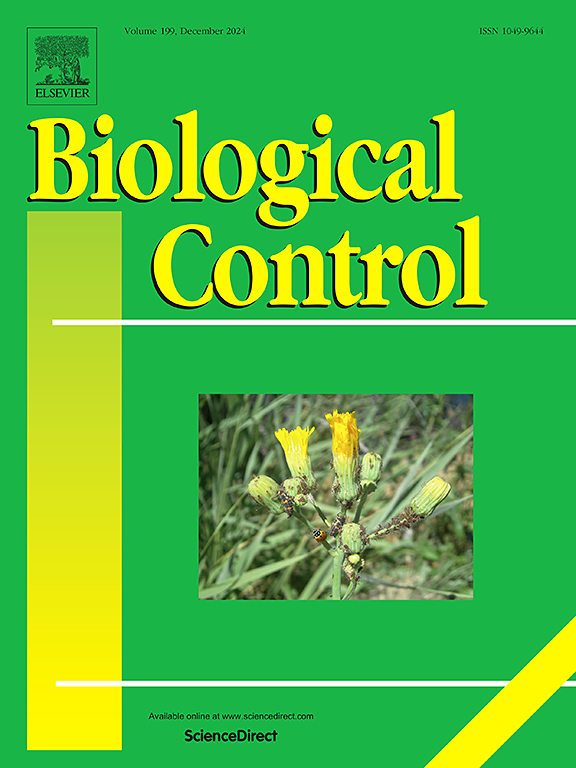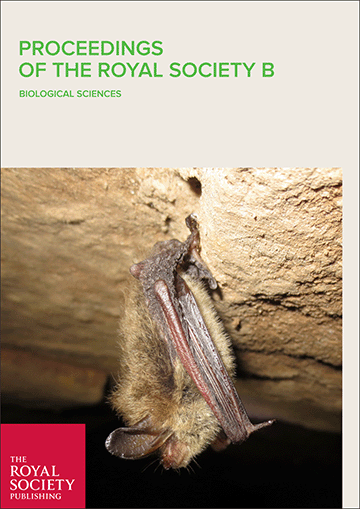This paper presents an empirical analysis of the links between smallholder bamboo shoot management practices, productivity, and livelihoods in a mountainous and impoverished county in southern China. The analysis was based on primary socioeconomic data from 240 households combined with farmer management surveys and biophysical plantation data. Management practices were determined to be grossly inadequate, with chronic overharvesting and an uncontrolled pest problem leading to poor yields. Given that bamboo shoots provided the main cash income source, this had a major impact on household income and livelihoods. Changes to culm management and pest control practices are recommended which could significantly increase shoot productivity and income, while improving bamboo's contribution to rural livelihoods and its role in targeted poverty alleviation. Improving smallholder bamboo management practices is, however, constrained by a general lack of relevant research and management guidelines based on scientifically proven techniques to optimize productivity.
DOI:
https://doi.org/10.1080/14728028.2013.779078
Altmetric score:
Dimensions Citation Count:
























